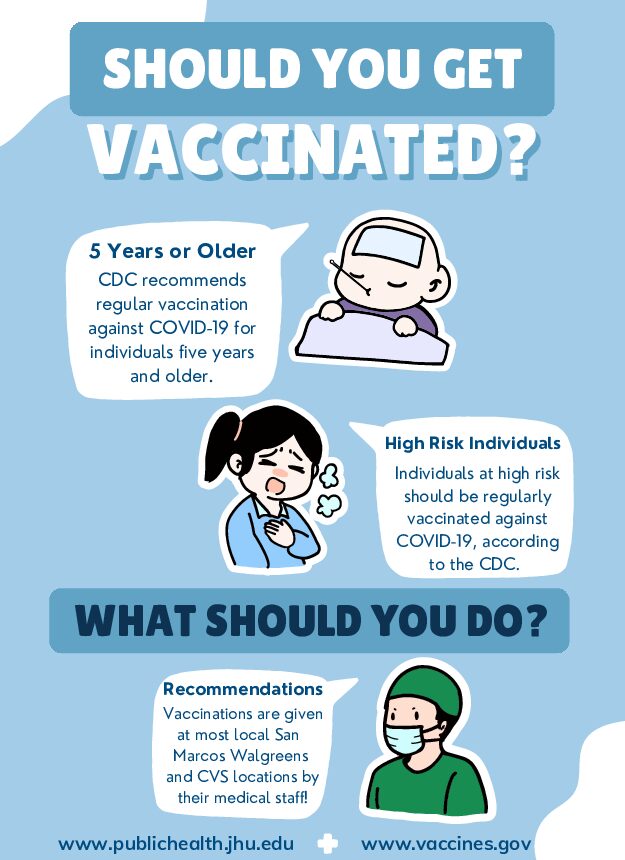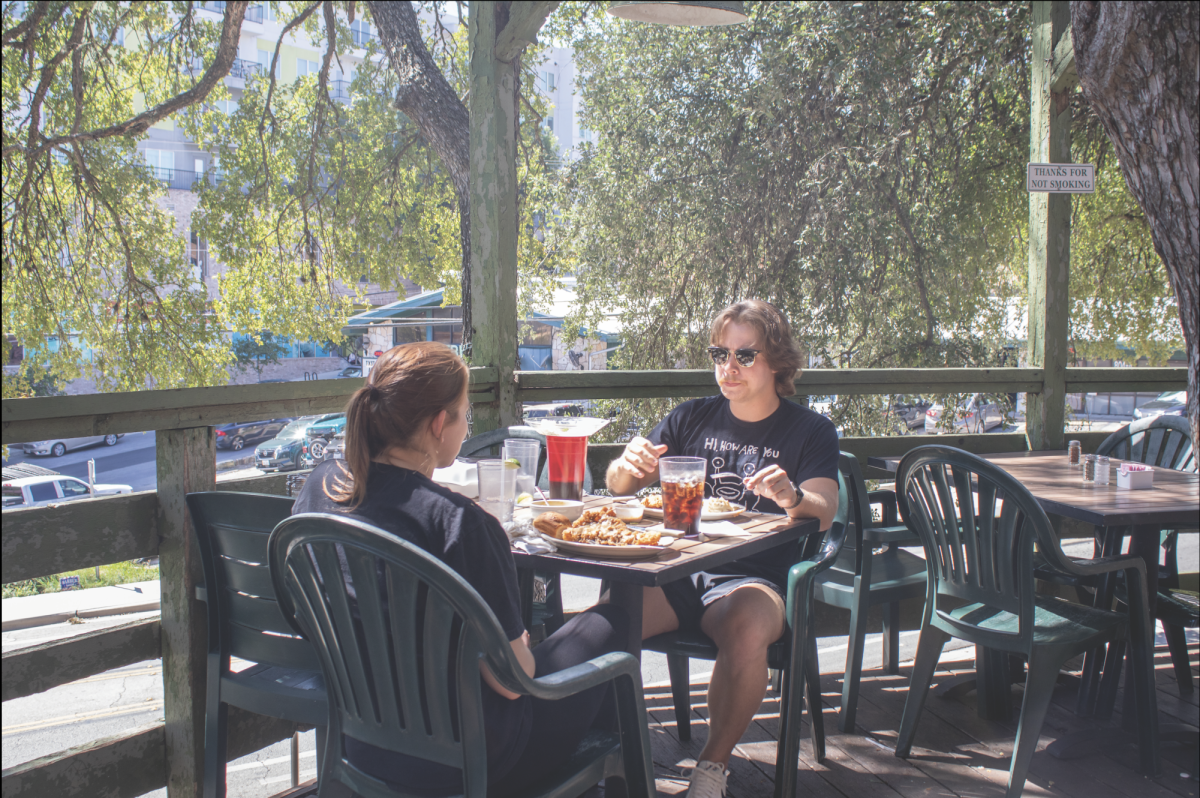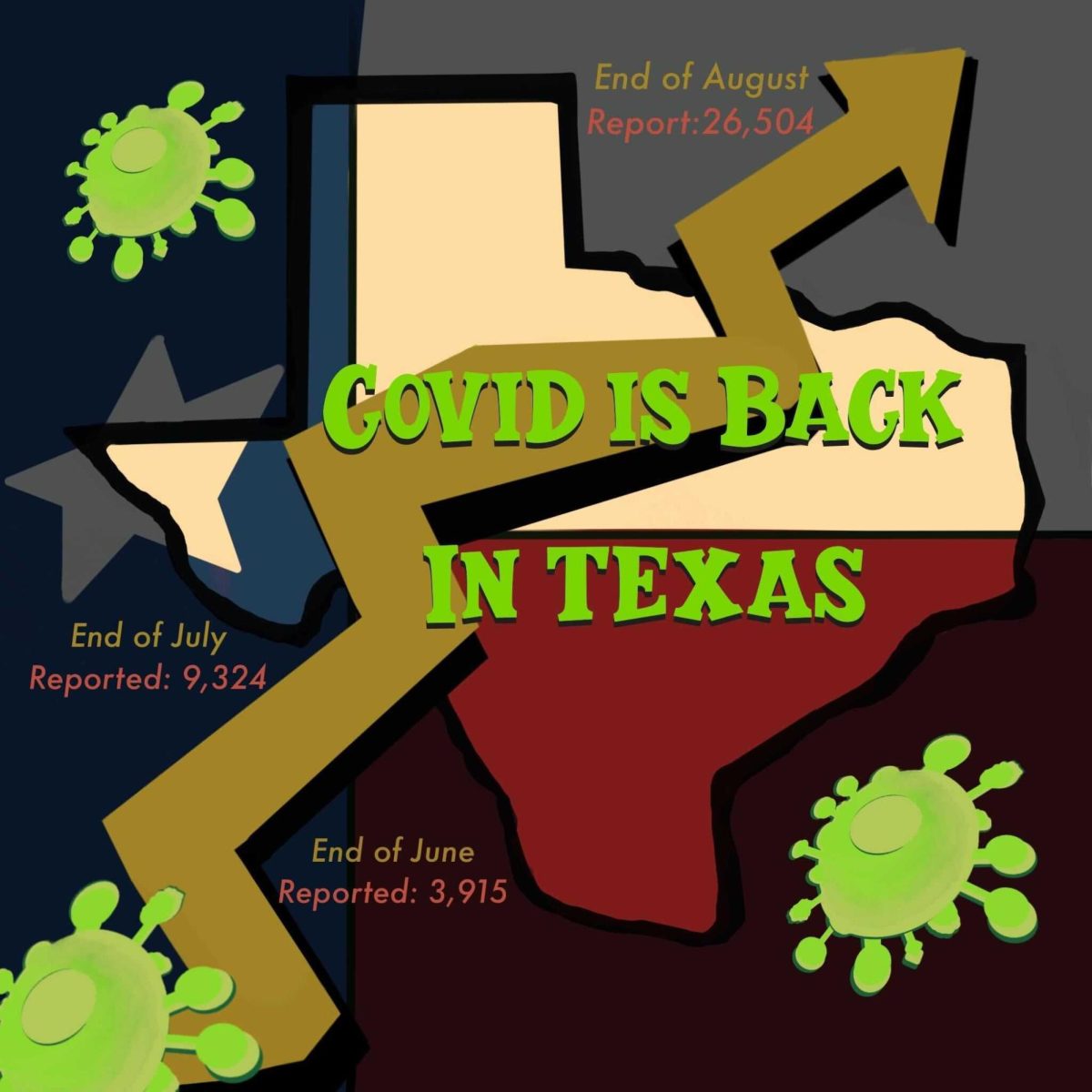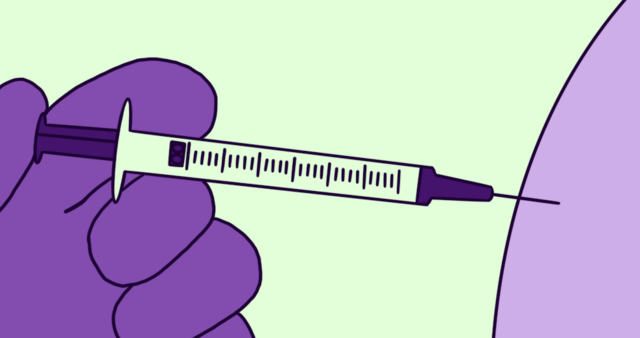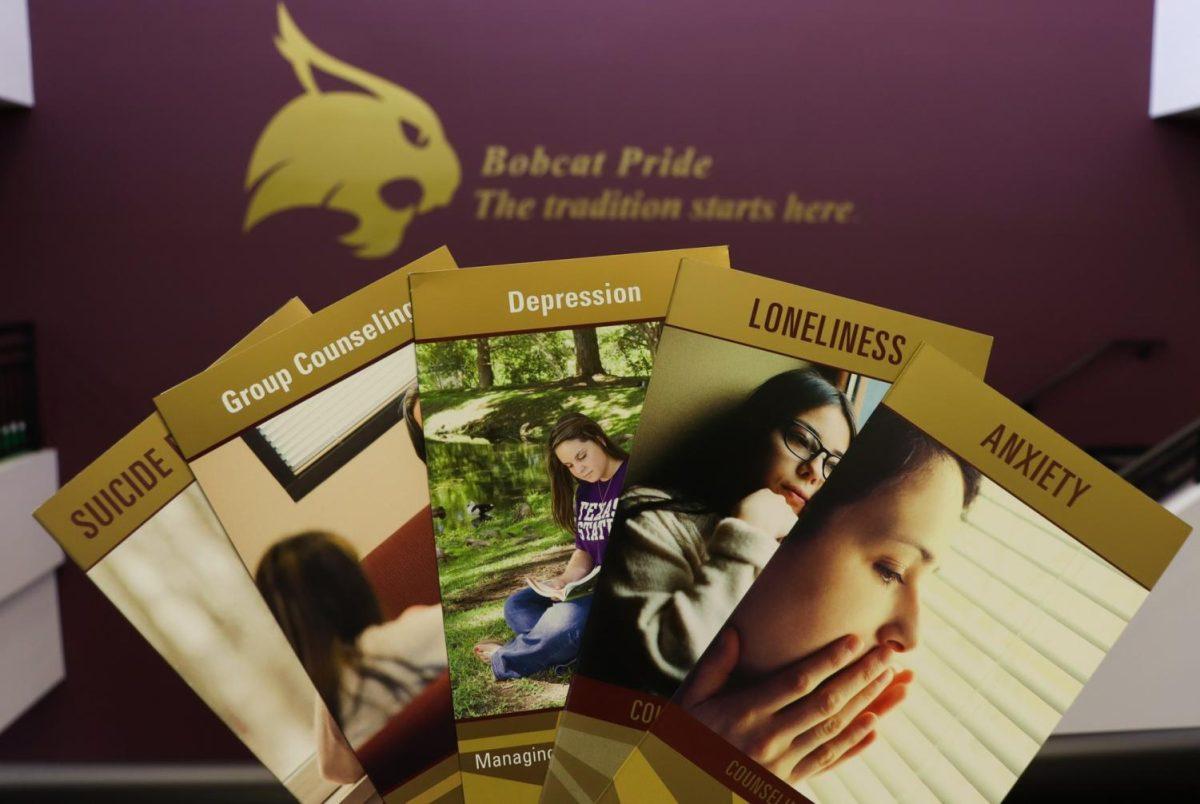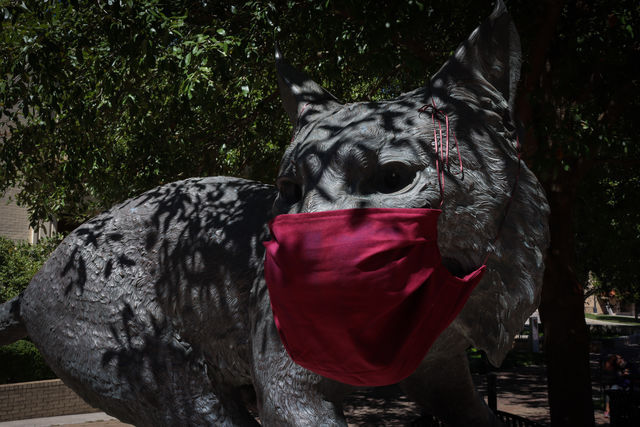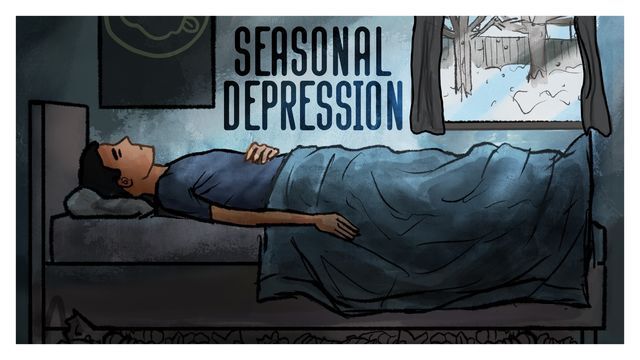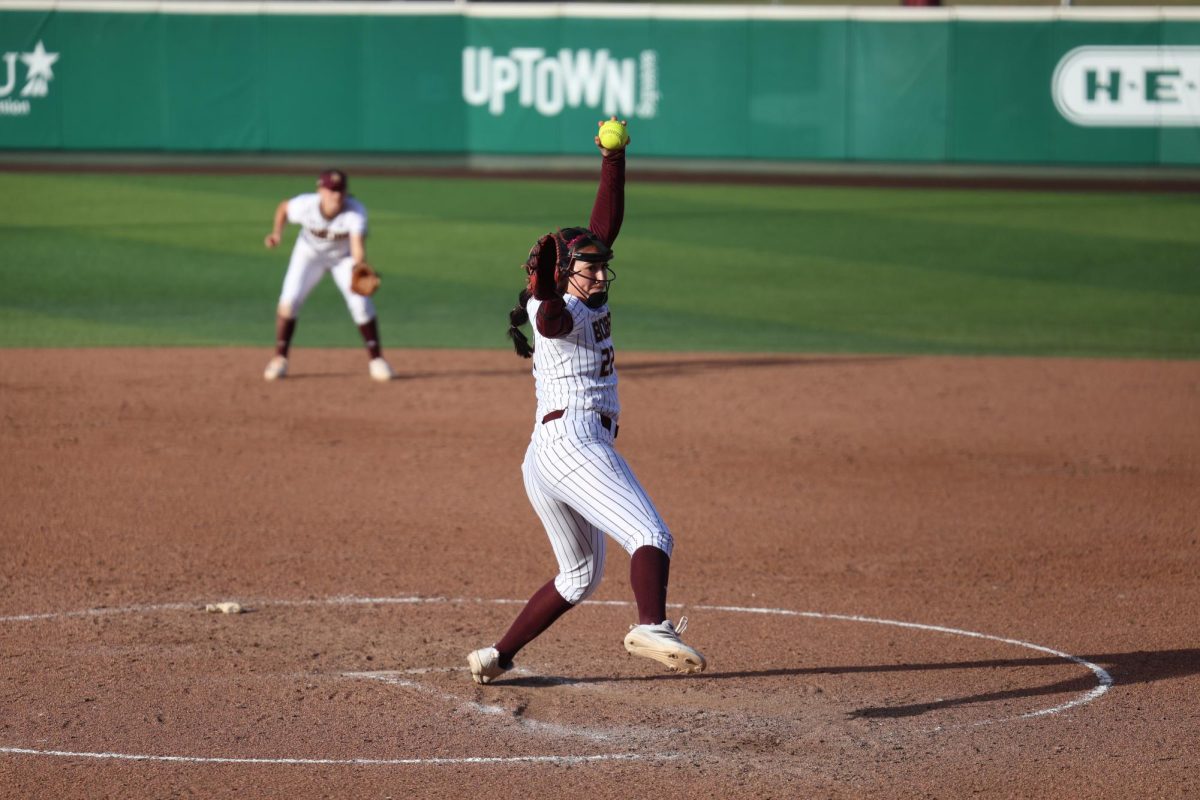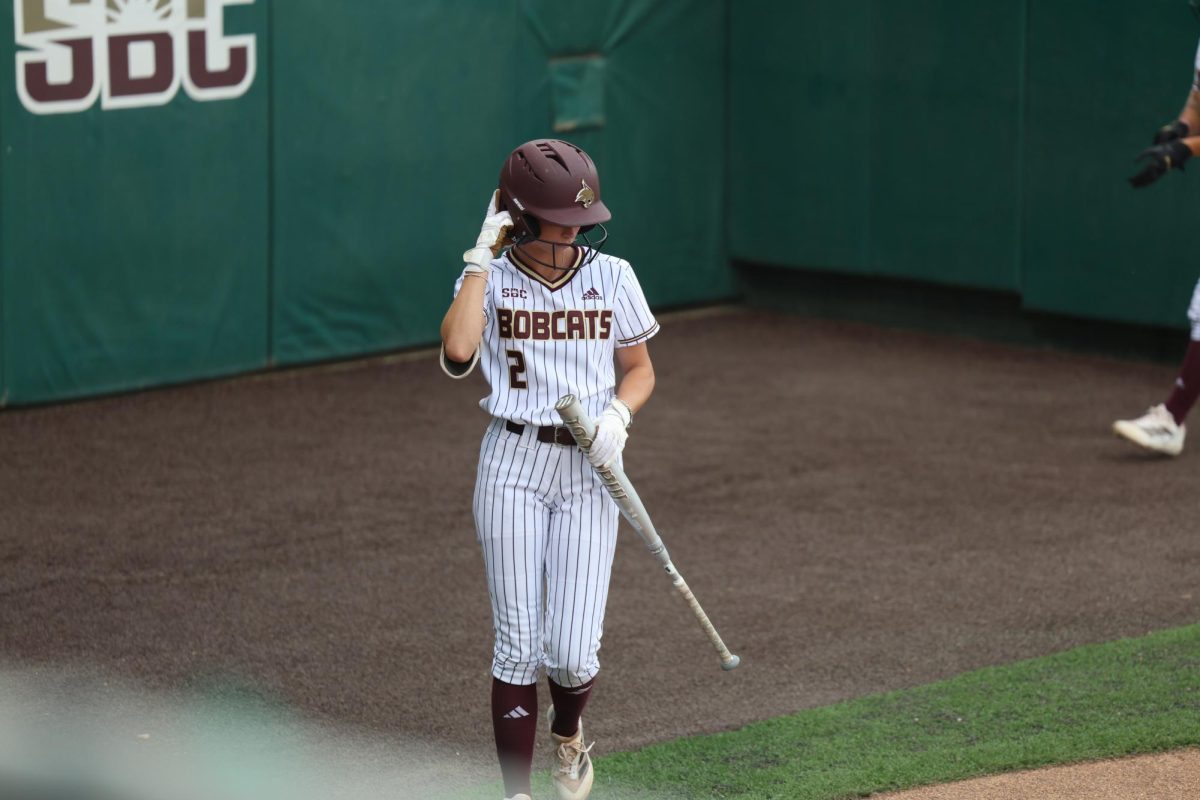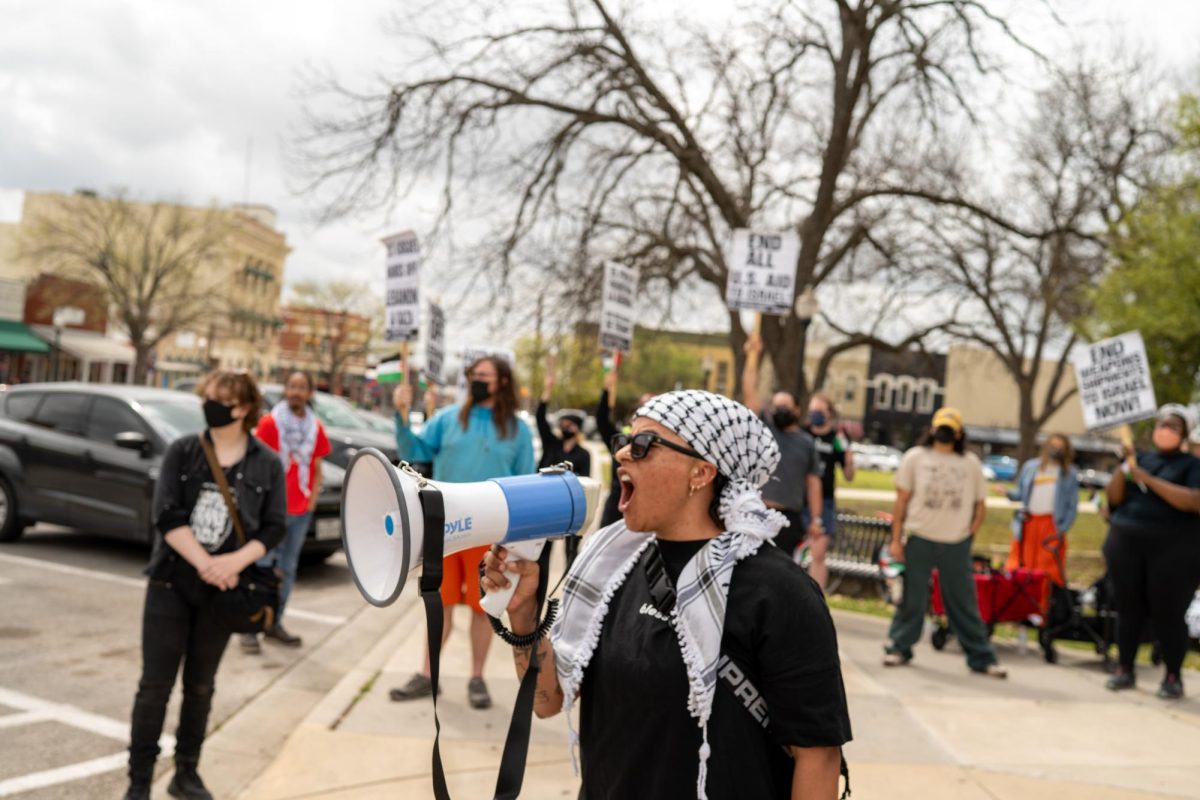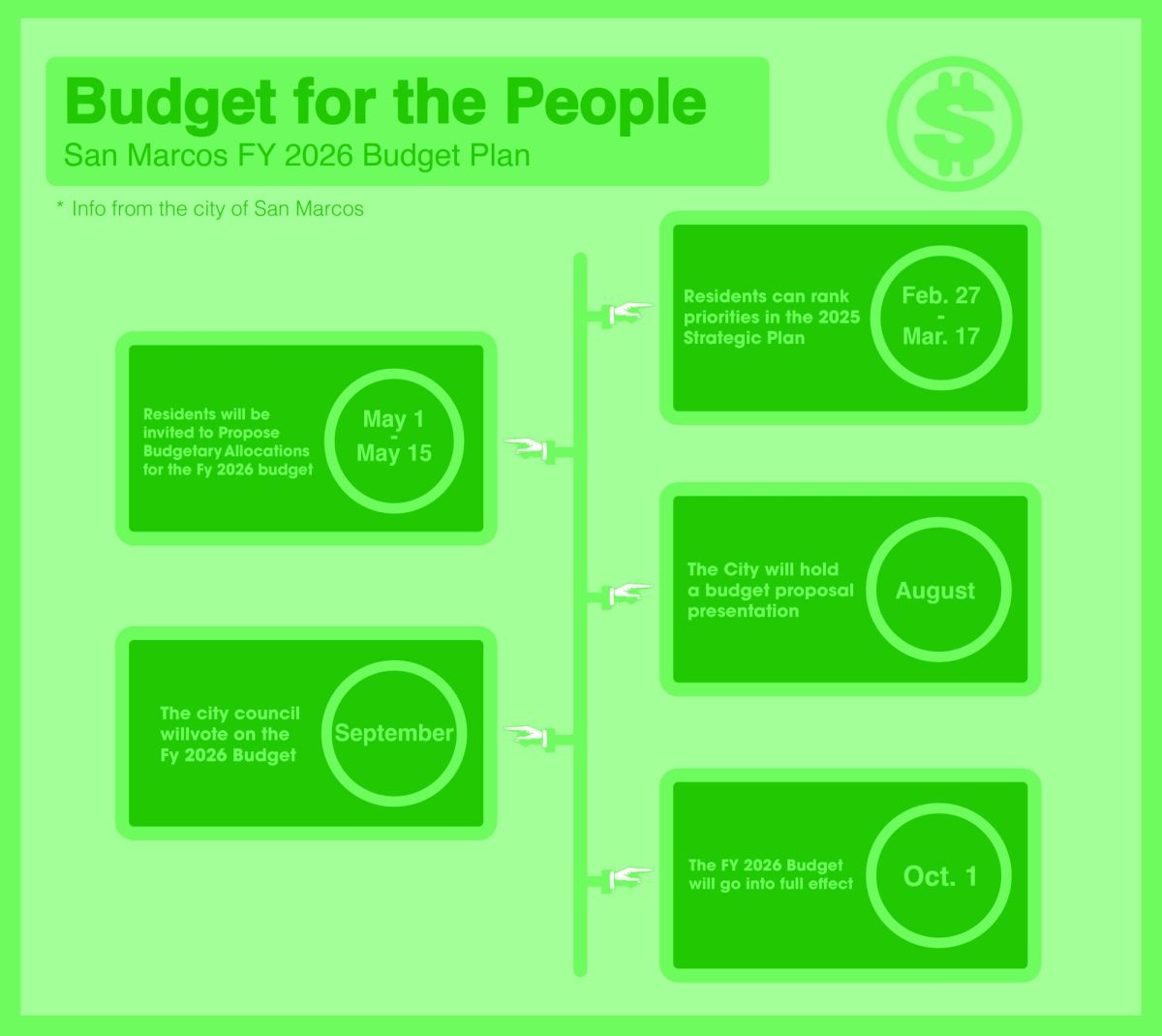A new COVID-19 vaccine became available in response to the omicron variant XBB.1.5. on Sept. 13.
This new vaccine is approved by the Federal Food and Drug Administration (FDA) and Center for Disease Control and Prevention (CDC). The CDC currently recommends that everyone six months and older get the updated vaccine for this fall and winter.
The Student Health Center (SHC) does not have this new vaccine, but has applied to be a provider for it. According to Dr. Emilio Carranco, director of the Student Health Center and assistant vice president for student affairs, the SHC’s intention is to have the new vaccine available as soon as possible.
“We’re hoping that we’ll get it within the next week or two,” Carranco said. “If you want to have a vaccination at the health center, you can go online and schedule an appointment for a vaccination, or you can call the main number regardless of which student health center facility you want to use.”
Rodney Rohde, professor and chair of the Clinical Laboratory Science Program at Texas State, said he believes getting this new vaccine could help reduce the amount of COVID-19 cases on campus.
“Current research and epidemiology of cases show this updated vaccine is effective against the variants currently causing the majority of COVID cases in the U.S.,” Rohde said. “All viruses mutate, so while none of the variants circulating right now are exact matches to the vaccine, they’re all closely related to the XBB.1.5 strain it’s based on.”
In the past, some COVID-19 vaccines were provided for free, but Carranco said the newest vaccine is expensive, estimating that it will be “well over” $100 a dose.
“We don’t even know how much it’s going to cost [the SHC] yet, but we’re ready for it,” Carranco said. “Because it has been approved by the FDA and the CDC, we expect that most private health insurance plans will cover the cost of the new vaccine.”
For those who are uninsured or can not afford the new vaccine, Carranco suggests the Bridge Access Program that provides vaccines for free through certain pharmacies and federally qualified community and health centers.
The newest COVID-19 vaccine is referred to as an updated vaccine instead of a booster. According to Rohde, this is because The CDC, FDA and public healthcare leaders are trying to make the public understand that COVID-19 vaccine should start being treated like the annual flu vaccine.
“We encourage people to get their ‘annual flu shot’ not a ‘flu booster,’” Rohde said. “The use of this language tries to show that it means we’re not just boosting existing immunity from previous vaccination, but building a new immune response to variants that are currently circulating.”
The SHC likes to follow the CDC recommendations, but according to Carranco, there are certain populations that most medical experts will agree this vaccine should be targeted to which includes, people aged 50 and older, those who have chronic underlying medical problems and those with a weakened immune system.
“Those would be populations that are at the highest risk for complications from a COVID-19 infection…” Carranco said. “But we do know that there have been younger people who have ended up in the hospital and have had complications, so I think anyone who has an interest in trying to protect themselves ought to get vaccinated.”
Rachel Torres, an accounting freshman, said she has the two initial COVID-19 vaccines, and doesn’t currently plan to update them.
“I feel like my immune system is good right now after the initial vaccines,” Torres said. “I feel like it’d be unnecessary for me to receive the new vaccine, especially since the vaccines hurt, and I don’t like having needles in my arms when I don’t have to.”
Carranco said that over the past three years, an estimated 96% of the population has developed immunity through infection or vaccination, which causes the population to develop herd immunity. Despite this, Carranco said COVID-19 is still an issue and there’s still value in younger people vaccinating.
“It is the safest way to develop immunity against this particular virus,” Carranco said. “I think we’re in a much better place with COVID-19 than we were just even a year ago… but I think people should take reasonable precautions to protect themselves and to protect others who might be at higher risk,”
The government is providing four free COVID-19 at-home antigen tests as of September 25. Carranco suggests that every student take advantage of this.



